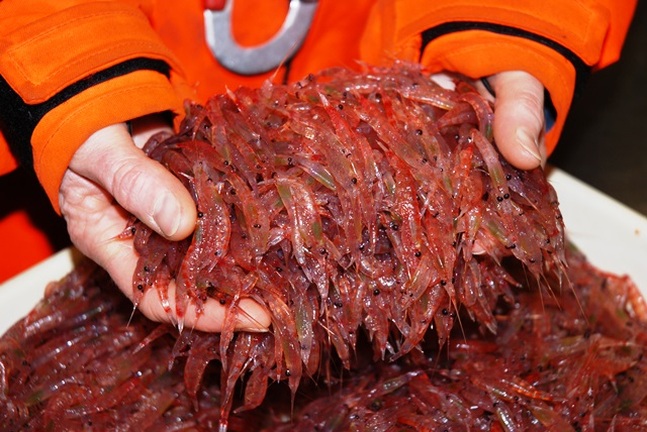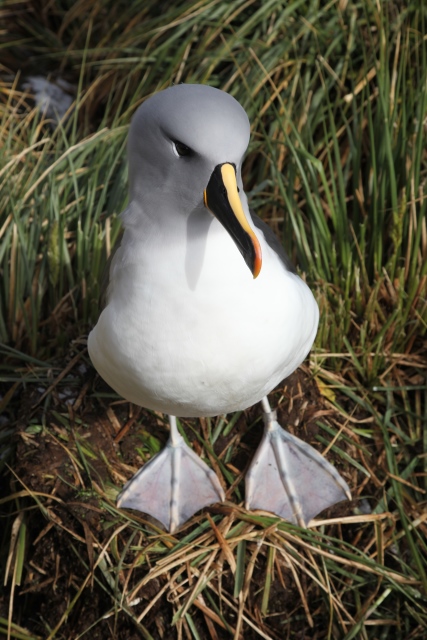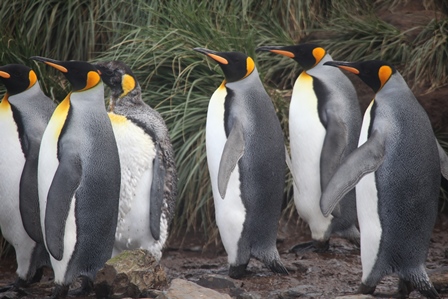|
Gutten morgen!!! Nestes últimos anos, entre expedições à Antártida, tenho feito um esforço em ir aos laboratórios dos melhores colegas de todo o mundo. Para quê? Para aprender! A vida de um cientista consiste numa contínua aprendizagem, e se queres aprender nada melhor do que aprender com os melhores. Assim, nestes últimos anos, estive 1 a 2 meses em França (2 anos), nos USA (2 anos), na Nova Zelândia (2 anos), e agora estou na Alemanha. Pessoalmente é muito exigente (pois estás sempre em viagens) mas profissionalmente é importante. Em relação ao projeto que estou a iniciar este ano, ele foca-se em crustáceos. Porquê? Bem, de modo a compreender a estrutura e funcionamento do Oceano Antártico, é imperativo estudar as relações tróficas entre os organismos que compõem a sua cadeia alimentar. Os crustáceos têm um papel importante na cadeia alimentar do Oceano Antártico, fazendo parte da dieta de numerosos predadores, incluindo pinguins, focas, albatrozes e baleias. Aliás, um dos crustáceos, o krill do Antártico Euphausia superba é o elemento chave da cadeia alimentar. No entanto, não existe qualquer guia de identificação de crustáceos do Oceano Antártico especialmente redigidos a apoiar investigadores que estudam relações tróficas neste Oceano, algo já pedido durante o Ano Polar Internacional e nos "expert groups" da "Scientific Committee on Antarctic Reseach (SCAR)". Com a necessidade de avaliar ao detalhe as cadeias alimentares para o desenvolvimento de métodos aplicados à modelação das cadeias alimentares, este tema é de extrema importância. Neste projeto, pretende-se analisar amostras de crustáceos das coleções do "Alfred Wegener Institute", Universidade de Hamburgo e da "British Antarctic Survey", para criar um guia de crustáceos na dieta de uns dos maiores predadores de crustáceos, que exigirá passar 2 meses na Alemanha (Bremenhaven, Bremen e Hamburgo) e Reino Unido em 2015. Cientificamente, este trabalho será uma contribuição importante para esta área de investigação, complementando o livro anterior de cefalópodes enquanto colmata uma das necessidades prementes nesta área de investigação. Além da ciência, actividades de educação e comunicação de ciência serão conduzidas em colaboração com a "Association of Polar Early Career Scientists (APECS)" e "Polar Educators International (PEI)", associado ao Programa Polar Português (PROPOLAR). As primeiras impressões da Alemanha para breve... José Xavier Gutten morgen! Os comentários estão fechados.
|
BLOGS DAS CAMPANHAS
|



 Feed RSS
Feed RSS
